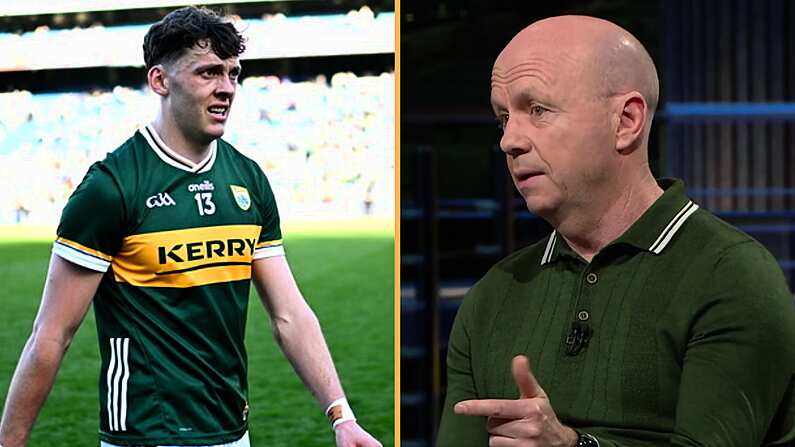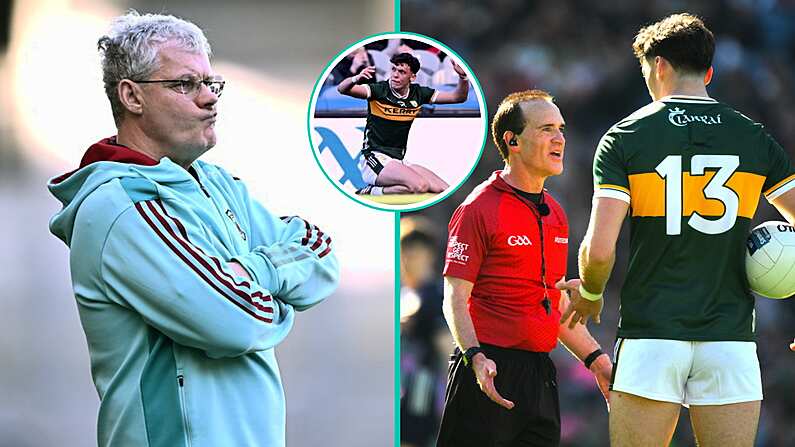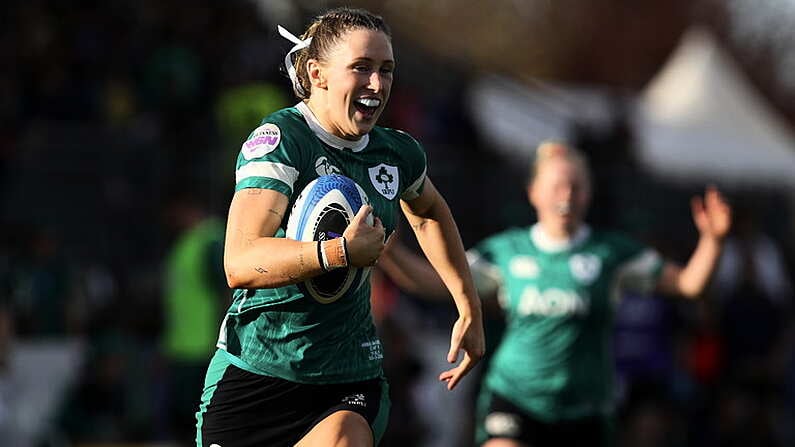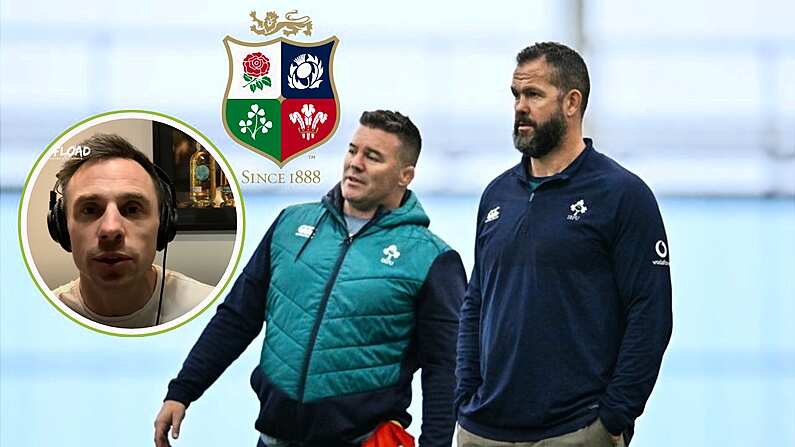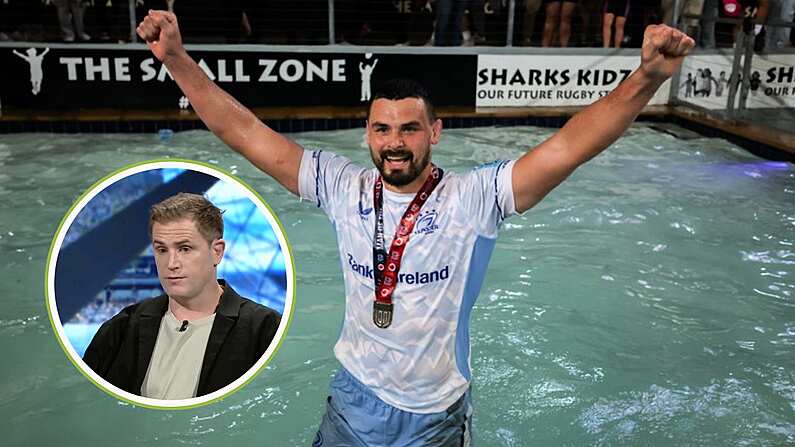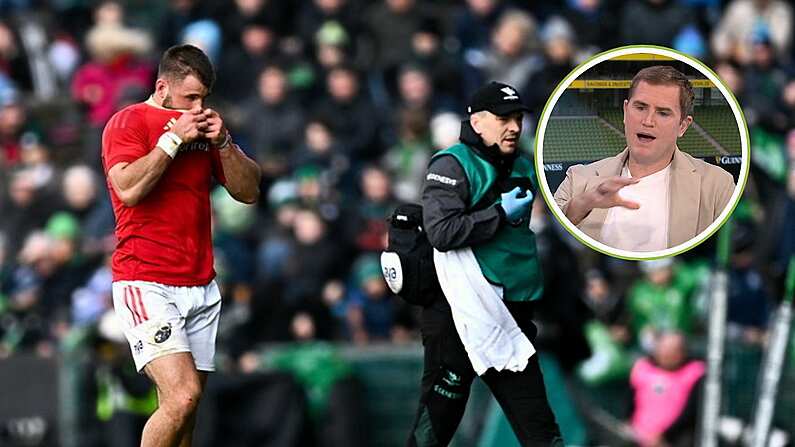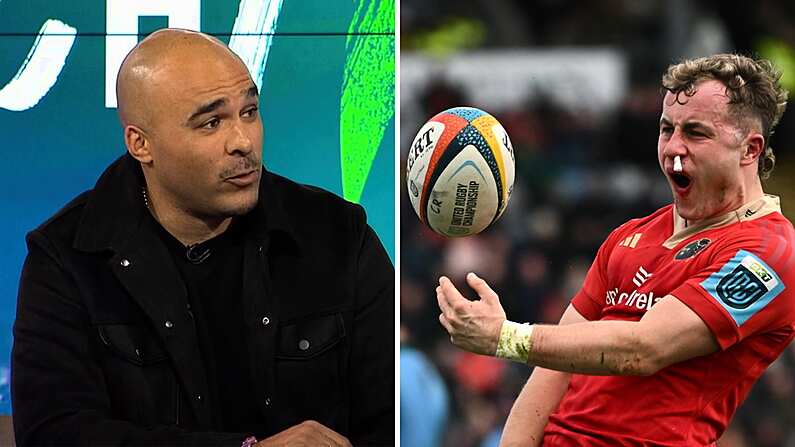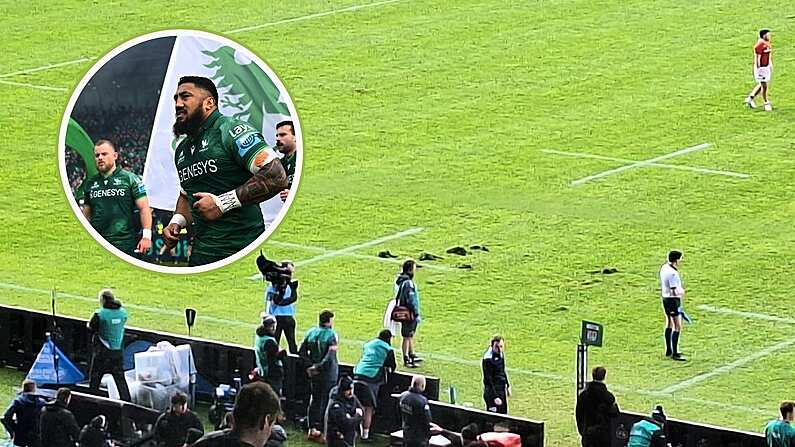Much of the recent media focus in Irish women's rugby has been on the national team's slow fall after its Grand Slam-winning days in 2013 and a World Cup semi-final appearance in 2014, culminating in the resignation of the man in charge of women's rugby in Ireland for the past seven years. With review recommendations in place, new posts created, new coaching staff, some new caps and the buzz of a competition starting off, there was a record audience for an Ireland women's rugby game at the RDS in Dublin on Saturday. Many wanted to see what the new Ireland could achieve with this fresh start.
Even though high-performance sports coaching is dynamic and complex, it is the coach's role to manage athletes' performances in international athletic arenas, and they are then held accountable for producing winning results. High-performance sport is all about winning and performance, and it's the only currency that matters at this level, so it's encouraging to see that the team's supporters and those around the players appear to have a long-term strategy in place. This Ireland team will require time to establish new concepts, recruit new players, and mature. There are no quick fixes when it comes to establishing high-performance teams, and these athletes deserve to take their time with the right coaching and support.
Ireland’s Attack Shape
The first concern for the new coaching group was that Ireland only had 34% of possession on Saturday and they will need to figure out how they will get move possession as this tournament goes on. Half of that possession was also spent in Ireland’s half, which means they need to work out how to play in the right parts of the field.
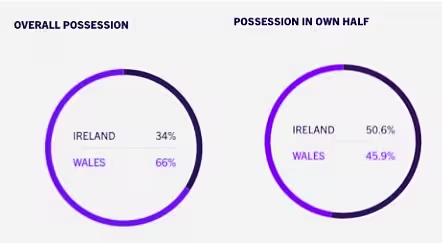
(sixnations.com)
Ireland were well-organised and courageous in their approach when they did get the ball. In the first half, they used a 1/3/3/1 attack shape, which resulted in two fantastic tries (the offload by Sam Monaghan was outstanding for the 2nd try). This attack will continue to improve as the players get more training and game time together in the coming weeks, and we should see more improvements in the attack shape by the end of the competition.

Ireland new attack - looking to play 1/3/3/1 - good example leading up to the 1st try. Great finish #IREvWAL #NothingLikeIt | #TikTokW6N pic.twitter.com/thnRgAXPAP
— Brett Igoe (@brettruganalyst) March 26, 2022
The pass from @Sam_Monaghan8 🤯
The line from @DjougangLinda 💥#IREvWAL #TikTokW6N pic.twitter.com/fLwyGbPlWs— TikTok Women's Six Nations (@Womens6Nations) March 26, 2022
While most of Ireland's attack when they had the ball was encouraging, the drop-off in performance after the third try was a major concern from Saturday. In the 56th minute, Stacey Flood scored a superb try to give Ireland a 19-10 lead. Ireland only had the ball 5 times between that point and the completion of the game, accounting for less than 2 minutes of the remaining 24 minutes. Wales dominated the game at that point, scoring three tries. This will be a source of concern for the players and coaching staff, and perhaps solutions can be discovered at this week's training.
Short-side Attack
Ireland were very clever at using the short-side (narrow side) throughout their time in possession. They would use a group of 3 forwards to open up the short-side and quickly use 2/3 backs to return and catch out the Welsh defence.

YESSSS! @StaceyFlood! ☘️
Great combo with @EimearConsidine!@IrishRugby with some really clever rugby just as they were under pressure!#IREvWAL #TikTokW6N pic.twitter.com/gQvv9njLkQ— Virgin Media Sport (@VMSportIE) March 26, 2022
Team Discipline

(sixnations.com)
The penalty count for Ireland was simply too high to win international matches. Ireland was penalised 14 times, whereas Wales was penalised only 5. While several of the referee's rulings appeared to be borderline, the players must work with them. The referee was giving the player explicit instructions on several occasions, yet the player has chosen to ignore them. To the casual observer, the yellow card appeared harsh; it came at penalty number 13, and Ireland had left the referee with little choice but to issue the card for numerous infringements around the tackling area.
While it will be frustrating for the players and new coaching group that Ireland was beating this Wales team 45-0 in Cardiff just a year ago, Wales has reduced the gap between the teams and has moved ahead of Ireland in that time. It must be accepted that this Ireland team will require time to mature. While much of the new coach's discussion is about the journey and long-term strategy, in the world of High-Performance sport, performance and results are ultimately what matters. What counts is the "now," and what changes can be done swiftly to improve performance and achieve results.
This is an exciting time for the players as they prepare to face France this weekend in the hopes of continuing to write a new chapter in Irish women's rugby.



